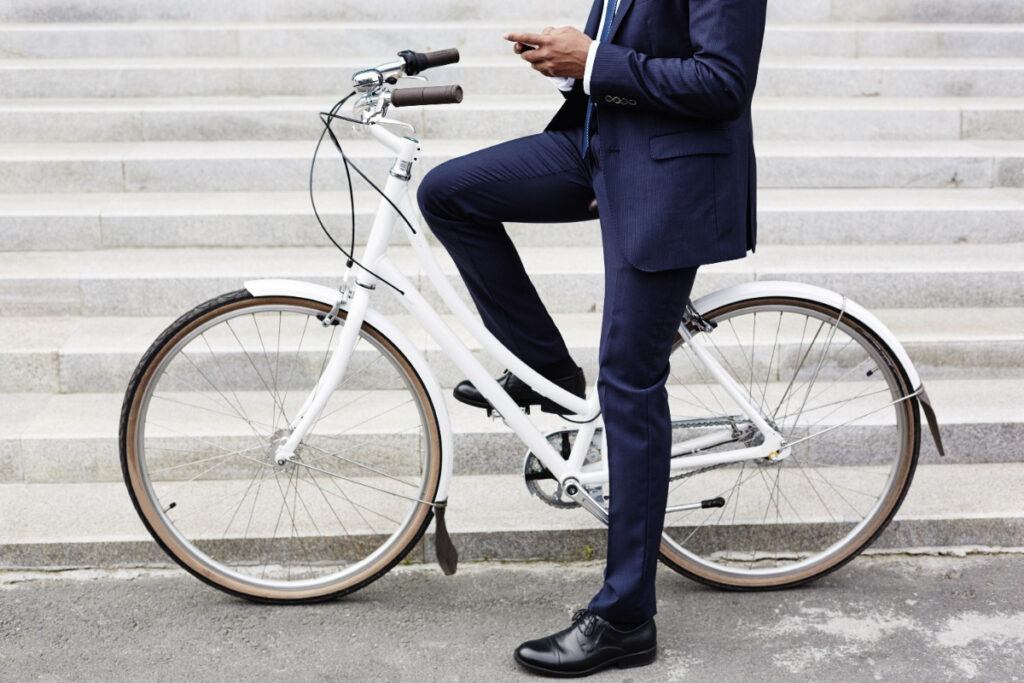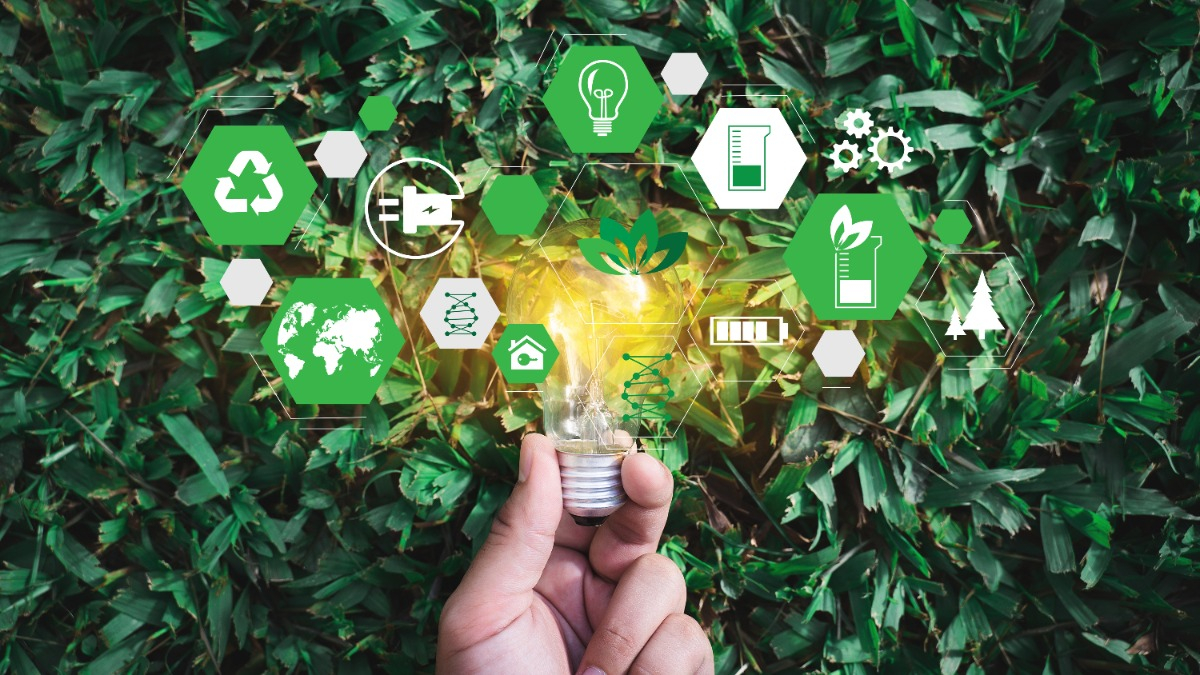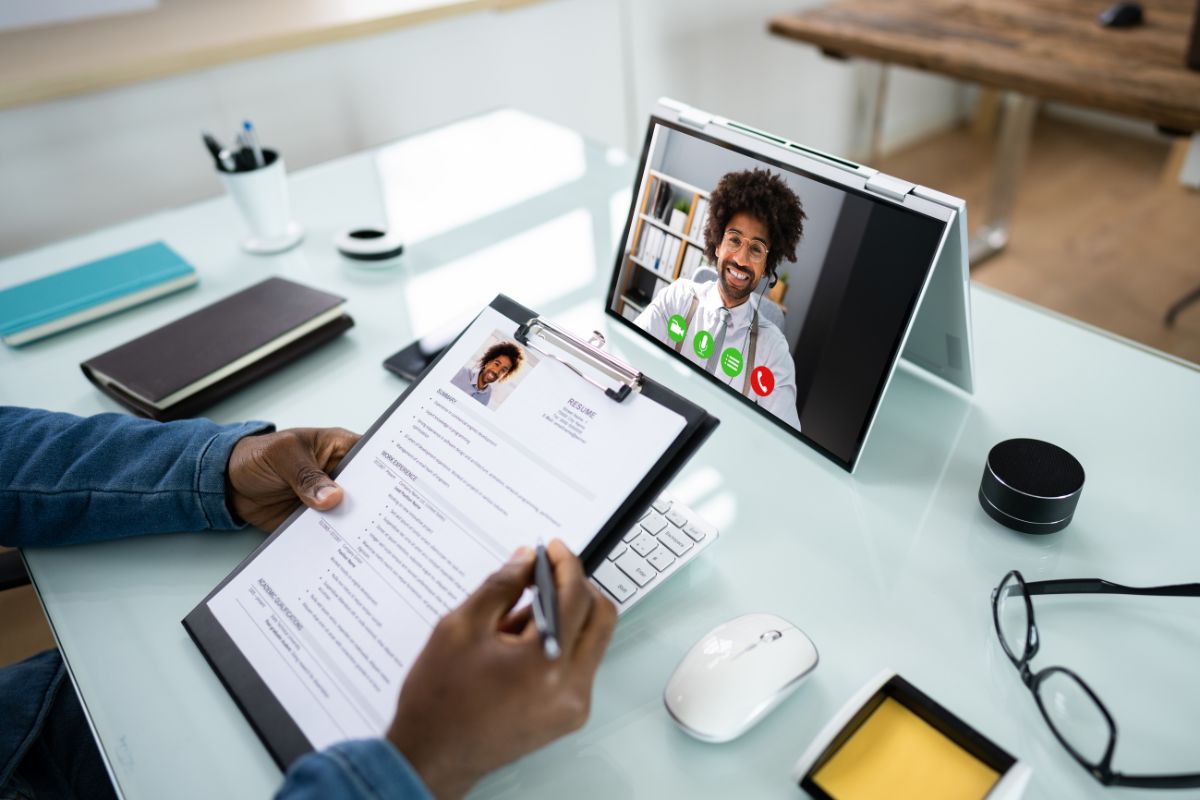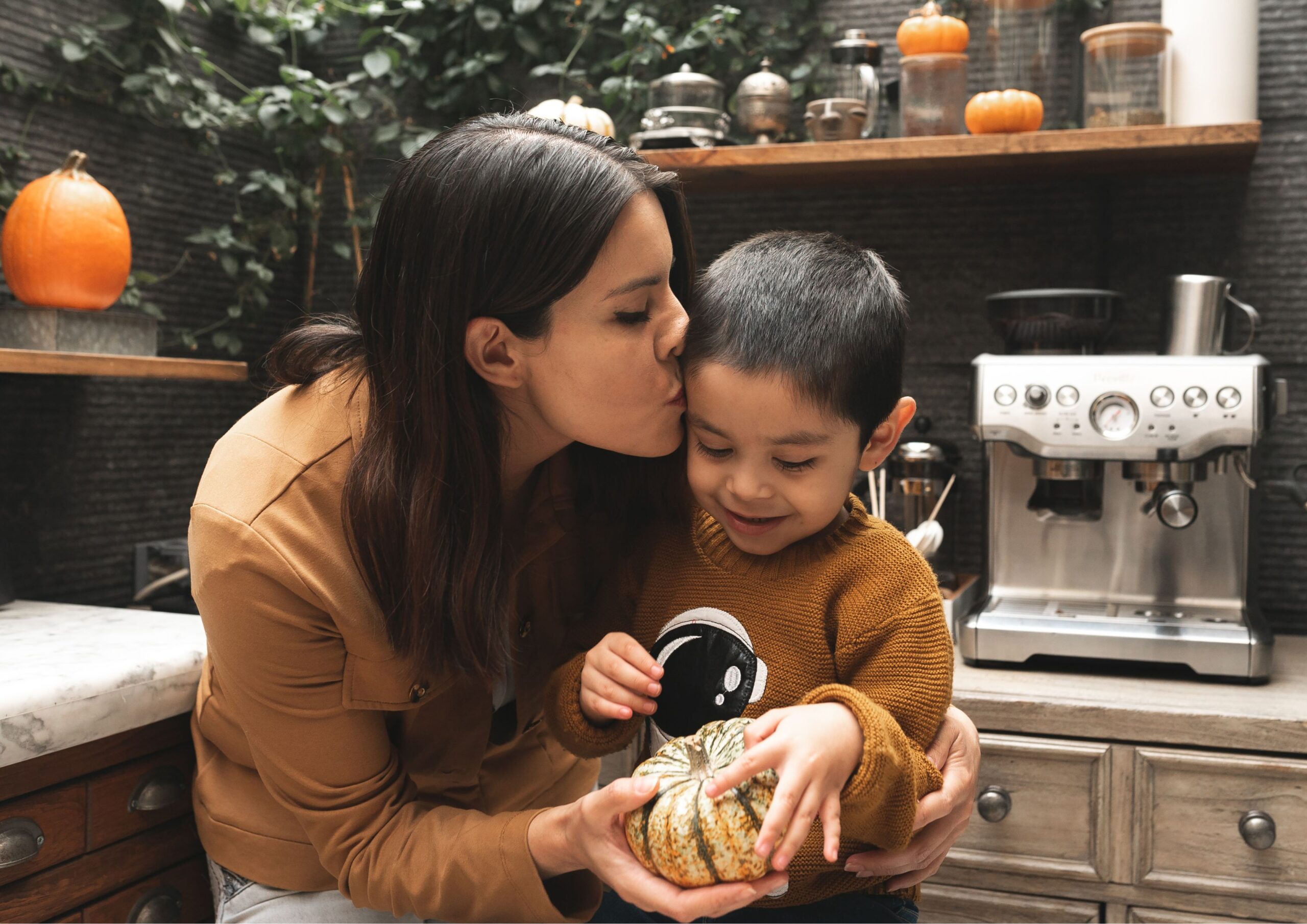The future of our planet depends on the actions we take today. With growing concerns about climate change, pollution, and resource depletion, it’s important to ask ourselves: What is sustainability?
Simply put, it’s the practice of meeting our present needs without compromising the ability of future generations to meet theirs. This World Environment Day, let’s reflect on how adopting a sustainable lifestyle can help us make small but significant eco-friendly choices in our everyday lives.
At RYTHM Foundation, we believe that individual actions, multiplied across communities, can drive meaningful change. In a past article, we’ve shared some essential steps for adopting a sustainable lifestyle, like recycling plastics, donating old clothes, and composting. However, we can do more.
Here are 10 more practical ways to protect the environment:
Stride or Ride
Instead of driving, choosing greener transportation like walking, biking, or public transport can greatly reduce your carbon footprint and improve your health and well-being. Living a sustainable lifestyle can be as easy as swapping your car for a bike on short trips or enjoying a brisk walk.

Soar Less, Tread More
Air travel is one of the largest contributors to global emissions. We can reduce our need to fly by choosing alternatives like trains or buses for shorter trips. Virtual meetings are another way to avoid unnecessary travel. If flying is unavoidable, consider offsetting your emissions through carbon offset programmes. By making conscious decisions, we can reduce our footprint and embrace environmental sustainability when moving from one place to another.
Buy Local or Organic
Supporting local farmers and businesses by buying locally grown and organic produce often has a smaller environmental footprint and involves fewer harmful chemicals. Next time you’re at the grocery store, think about how you can protect the planet by choosing fresh, local products—a small step toward embracing a sustainable lifestyle.
Try a Plant-based Diet
Did you know the meat industry generates 60% of global greenhouse gas emissions? It also causes deforestation and water pollution. Cut back on meat or try plant-based options, even just a few weekly meals. You might discover tasty new recipes and expand your culinary horizons!

Boycott Endangered Goods
Many endangered animals face extinction due to illegal hunting and harvesting. Boycott products made from endangered species and opt for goods with transparent, sustainable supply chains. Protecting our biodiversity is one of the most important ways to protect the environment and preserve our planet’s natural resources.
Conserve and Hydrate Responsibly
Water is a finite resource. Simple steps like taking shorter showers, fixing leaky faucets, and using water-saving appliances can make a big difference. These small changes help with water conservation and teach us more about what it means to live sustainably.
Embrace Eco-friendly Enterprises
Did you know sustainable businesses can save up to 30% on energy bills? By reducing the demand for fossil fuels and lowering greenhouse gas emissions, these businesses are doing their part to protect our world. Supporting eco-friendly businesses is a proactive step toward environmental sustainability.
Stop Fast Fashion
The fashion industry generates 10% of global carbon emissions, surpassing shipping and airlines combined. Shockingly, 85% of textiles end up in landfills! Buying secondhand clothes or supporting sustainable brands can reduce waste and prevent textiles from ending in landfills.
Unsubscribe, Purge Unwanted Emails
Decluttering your inbox helps the planet. Unnecessary emails contribute to the data storage demands of servers, which require significant energy to run.
By unsubscribing from unwanted mailing lists and being mindful of the emails you send, you’re helping reduce energy consumption globally. Small habits like these contribute to ways to protect the environment that you might not have considered before.

Educate Others
Knowledge is power, and sharing what you’ve learned about sustainability with friends and family can create a ripple effect. When people ask questions—even if it begins with what sustainability is—your insights can inspire them to make meaningful changes.
Small Actions, Big Impact
Environmental sustainability starts with individual responsibility. RYTHM Foundation encourages everyone to become advocates for the planet, teaching others to maintain a sustainable lifestyle in simple, accessible ways. On World Environment Day, let’s reflect on these small but powerful actions and protect our planet for future generations—one step, one choice at a time.
To be an informed advocate, check out this insightful United Nations article on key environmental facts and figures. Start today by learning about living a sustainable lifestyle and inspiring others to follow your lead.





